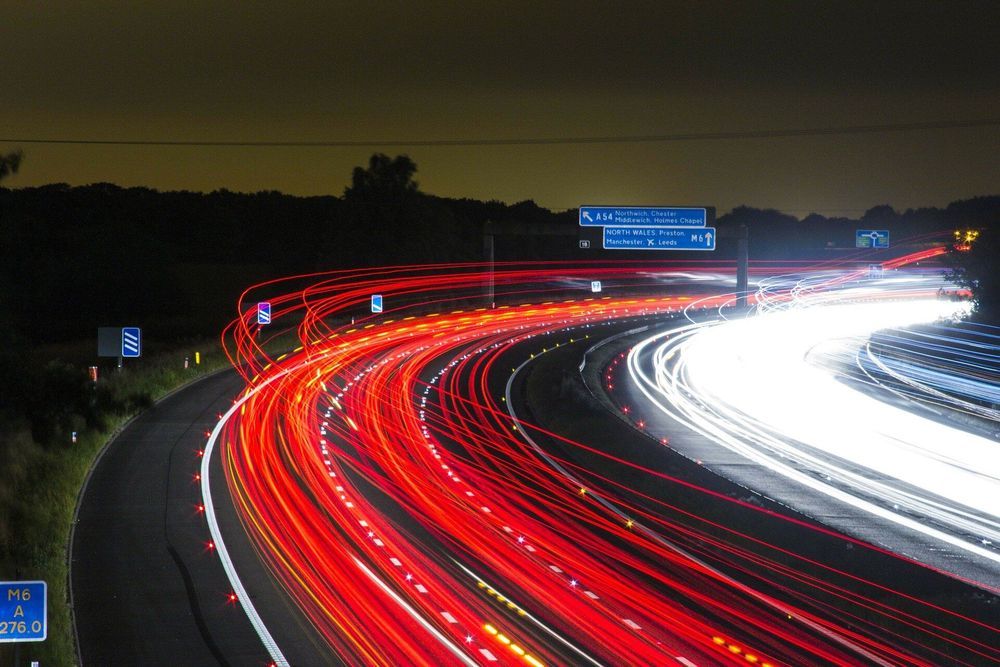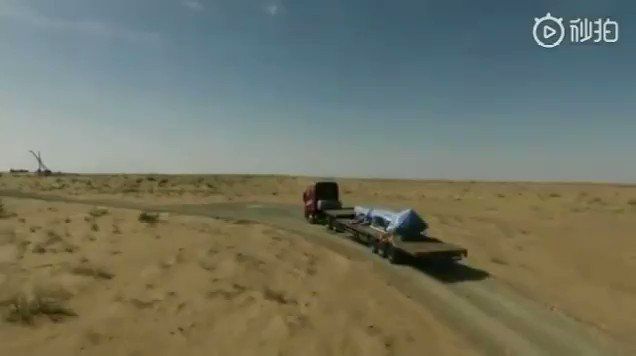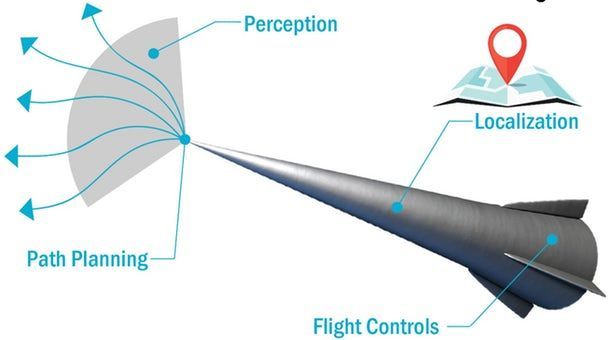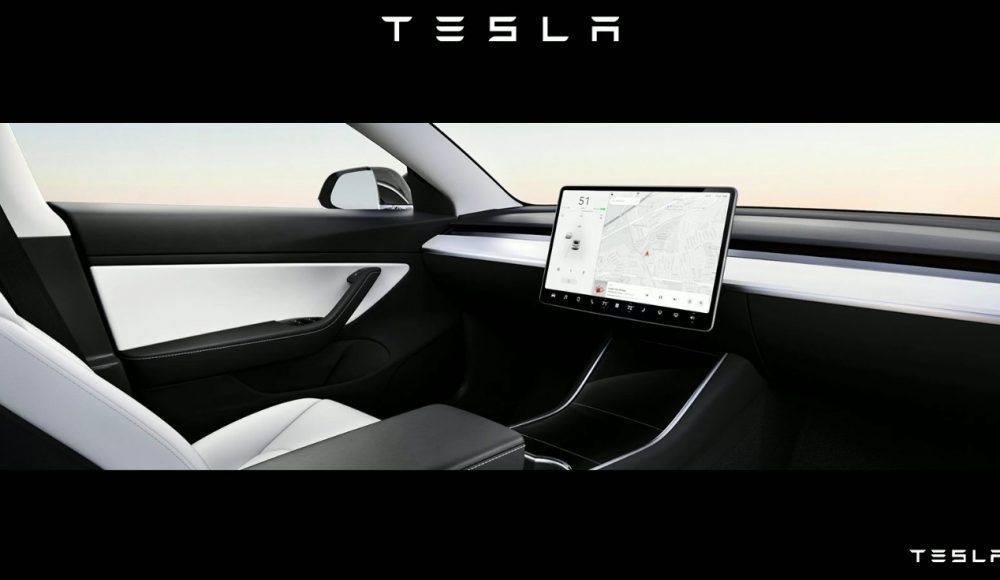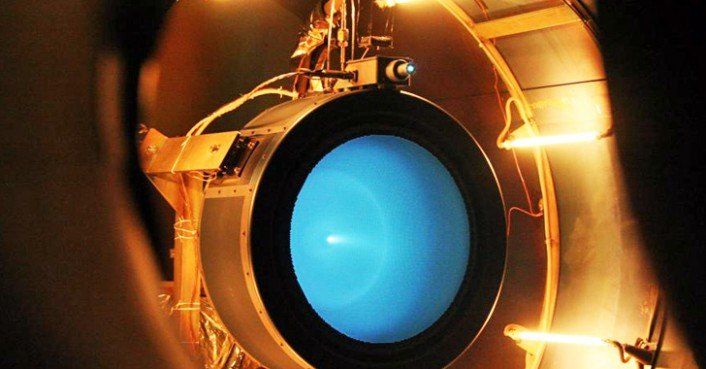The laser sensors currently used to detect 3D objects in the paths of autonomous cars are bulky, ugly, expensive, energy-inefficient – and highly accurate.
These Light Detection and Ranging (LiDAR) sensors are affixed to cars’ roofs, where they increase wind drag, a particular disadvantage for electric cars. They can add around $10,000 to a car’s cost. But despite their drawbacks, most experts have considered LiDAR sensors the only plausible way for self-driving vehicles to safely perceive pedestrians, cars and other hazards on the road.
Now, Cornell researchers have discovered that a simpler method, using two inexpensive cameras on either side of the windshield, can detect objects with nearly LiDAR’s accuracy and at a fraction of the cost. The researchers found that analyzing the captured images from a bird’s-eye view rather than the more traditional frontal view more than tripled their accuracy, making stereo camera a viable and low-cost alternative to LiDAR.
